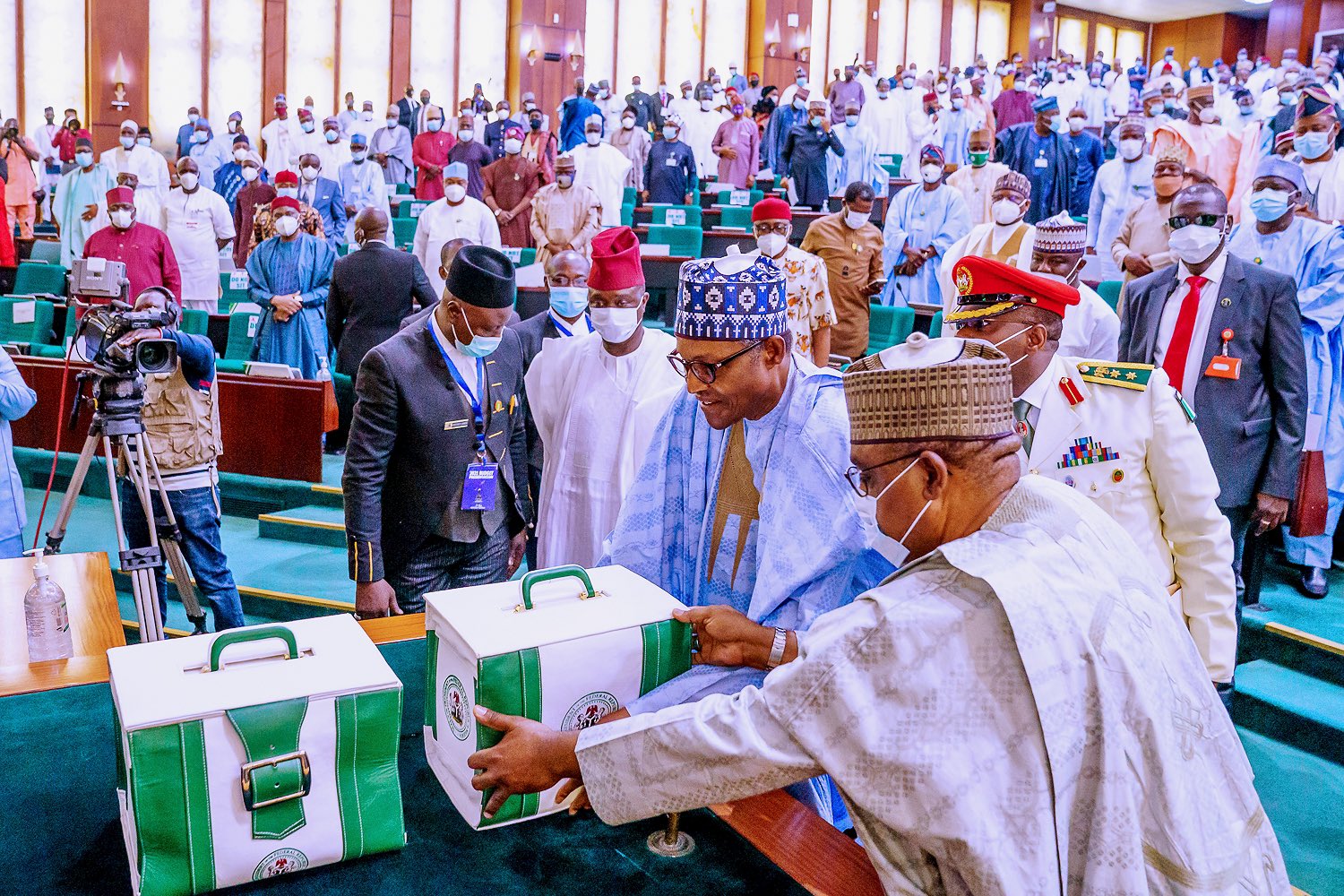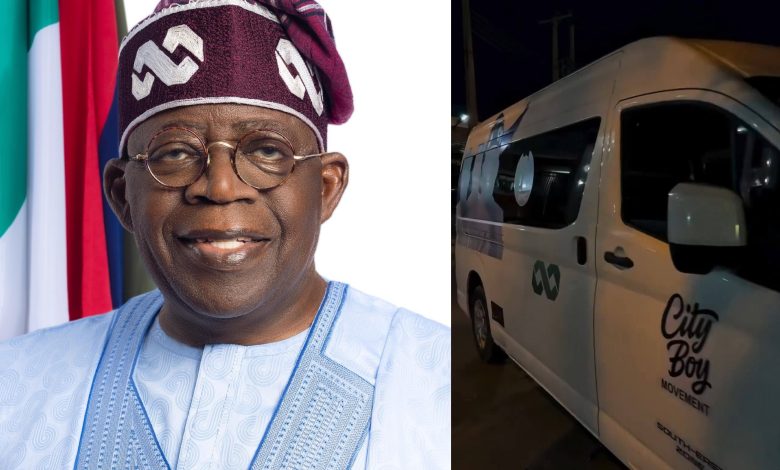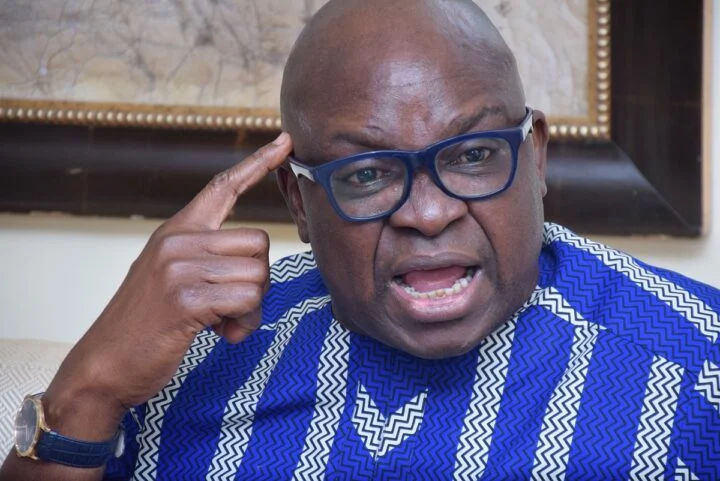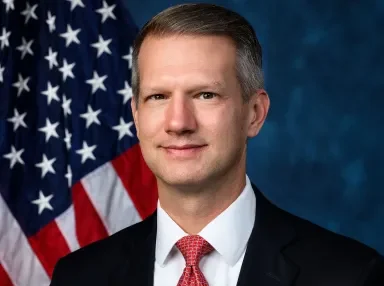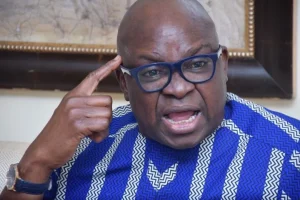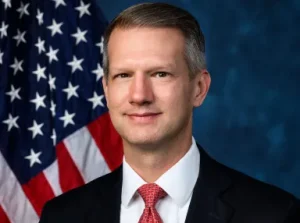Concerns grow over N8.2 trillion in recurring expenditure in the 2023 budget
When the 2023 annual budget of N20.51 trillion was presented to the joint session of the upper and lower legislative Chambers, it would have been treated as a routine process, given that the presentation was in accordance with some pertinent provisions of the Constitution.
However, concerns over legality and other difficulties arose as both Chambers began the legislative debate on the document’s general principles on Wednesday.
The debate over the fundamental principles of the budget document, which is officially an executive bill, has exposed data in detail, item by item, in accordance with government priorities under Capital, Personnel, and Recurrent expenditures.
This is consistent with PulseNets’ observation that the government’s desire to reduce costs in governance has resulted in an alarmingly continuous increase in the present administration’s recurrent expenditures. For instance, from N6.9 trillion in 2022 to N8.2 trillion in 2023, the recurring expenditure, or overhead cost, as it is often known, has increased significantly.
The annual cost of government operations is known as recurrent expenditure, and it was anticipated that this cost would decrease as a result of the President Muhammadu Buhari administration’s policies and measures aimed at sending this expenditure on a downward trend.
It has been observed that three years after President Muhammadu Buhari took over governance on the platform of the All Progressives Congress (APC), recurrent expenditure was out at N3.5 trillion, up from N3.5 trillion the previous year; in 2019, it increased to N4.7 trillion. Even when the government was fully shut down due to the COVID-19 epidemic, this was the case. PulseNets recalled that both public and private businesses used virtual ways of doing business, but no money was reimbursed to the Federal government’s national treasury as unspent overhead.
The entire sum for recurrent expenses was N4.8 trillion in 2020. This is despite the fact that there has been a ban on hiring new employees for the Federal Civil Service for the last seven years of Buhari’s presidency. With the exception of replacing employees who have passed away or quit their jobs, this is true.
Although the legislative session in the upper and lower legislative Chambers has been suspended to allow the Committees to hold public hearings on the appropriation of Ministries, Departments, and Agencies of government, it should be an interest on the part of the Chairmen and members of those Committees to subject the heads of the agencies of government to serious interrogation.
It would be wise to pay close attention to how each government agency performed in terms of its budget, especially with regard to their recurrent expenses, as this would reveal the true value of the money the Federal Ministry of Finance issued for the year under consideration.
Ali Ndume, a senator from Borno South Senatorial District and chairman of the committee on the army, reacted on Wednesday during plenary. He bemoaned the annual increase in recurrent expenditure without the corresponding outcomes or successes in the political sphere.
The legislator bemoaned that certain government employees were worse off when it came to the handling of public finances, emphasising that they stole with impunity in what he called “Yahoo Yahoo boys in government offices.”
He questioned the recurring spending request for 2023 from the federal government, claiming it represented a 43% increase over the request for 2022. He also insisted that the appropriation shouldn’t be allowed to go quickly through third reading after they reconvene on November 15.
The member further questioned the purpose of IPPIS and other payment systems, believing that the growing trend in recurrent expenditures represents fattening the personal coffers of some government officials.
Although he applauded the Buhari administration for regular cash disbursements based on the 12-month budget cycle, especially in 2023, he had his doubts about whether significant accomplishments could be noted given the rise in recurrent expenses and debt servicing.
Ndume said: “What we witnessed in this administration is an improved implementation of the budget, in terms of releases.
“To the continuous rise in the recurrent expenditure and debt servicing, but that in debt servicing is even understandable. When you borrow to spend on recurrent and this money is going to less than 5 percent of Nigerian workers.
“Right now the recurrent expenditure is standing at about 43 per cent which should be a concern to everyone.”
Additionally, he demanded that the current amount be looked into, saying: “This rise in recurrent expenditure should be investigated.
“The introduction of TSA, GIFMIS and IPPIS is supposed to control this cost, but instead you know Nigerians. I suspect we have more yahoo Yahoo people in the government than you find in the hotels and on the streets.”
He claims that the N32 billion allotted to the Nigerian Army as capital expenditure with the high level of insecurity is severely inadequate, and that the figure has been stagnant for the last three years.
He stated that the Army, which he leads, has improved security challenges around the country, and that increasing the amount would lessen insecurity in the country.
He added: “I’m in charge of the Army. Look at the funniest thing, we are in a war situation everywhere. We are saying the challenge of insecurity should be addressed which is very important.
“But guess what? The capital budget of the Nigerian Army again is only N32 billion. Are we serious? If we are not safe, how can we even spend?
“The capital budget of the Nigerian Army is still grossly inadequate compared to what they need to bring this issue of escalating insecurity to an end.”
Senator Oluremi Tinubu of the Lagos Central Senatorial District, in her opinion, praised President Buhari for the 2023 budget, noting that he has left a solid legacy over the years he has spent.
She said: “President Muhammadu Buhari has laid a solid legacy and the 2023 N20.51 trillion which is a combination of all subheads will be used to continue his legacies in infrastructure by the successive governments.
“Of course, Buhari is not a magician that will complete everything during his tenure. He did his best and he is still doing but another government will continue from where he stopped”, Oluremi said.
